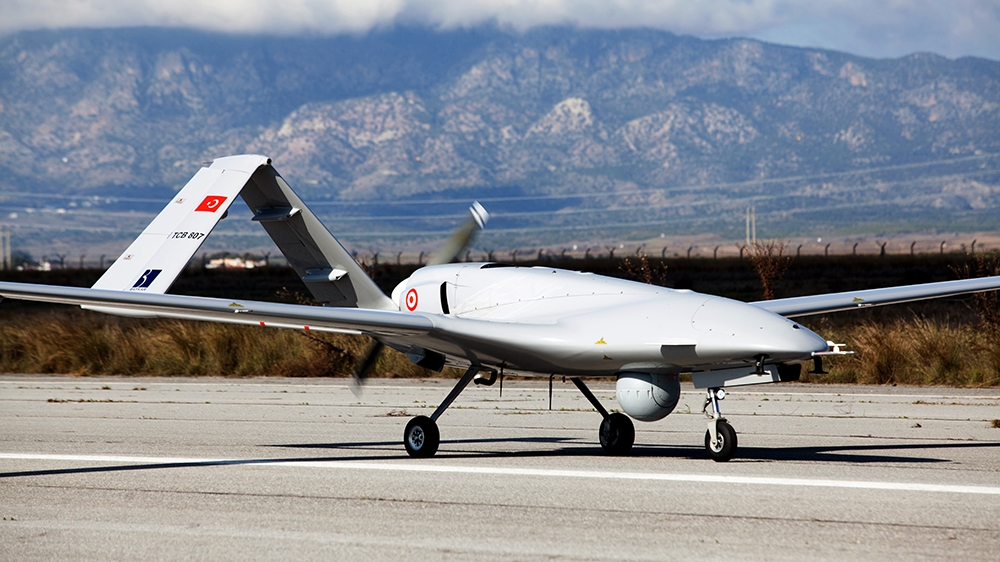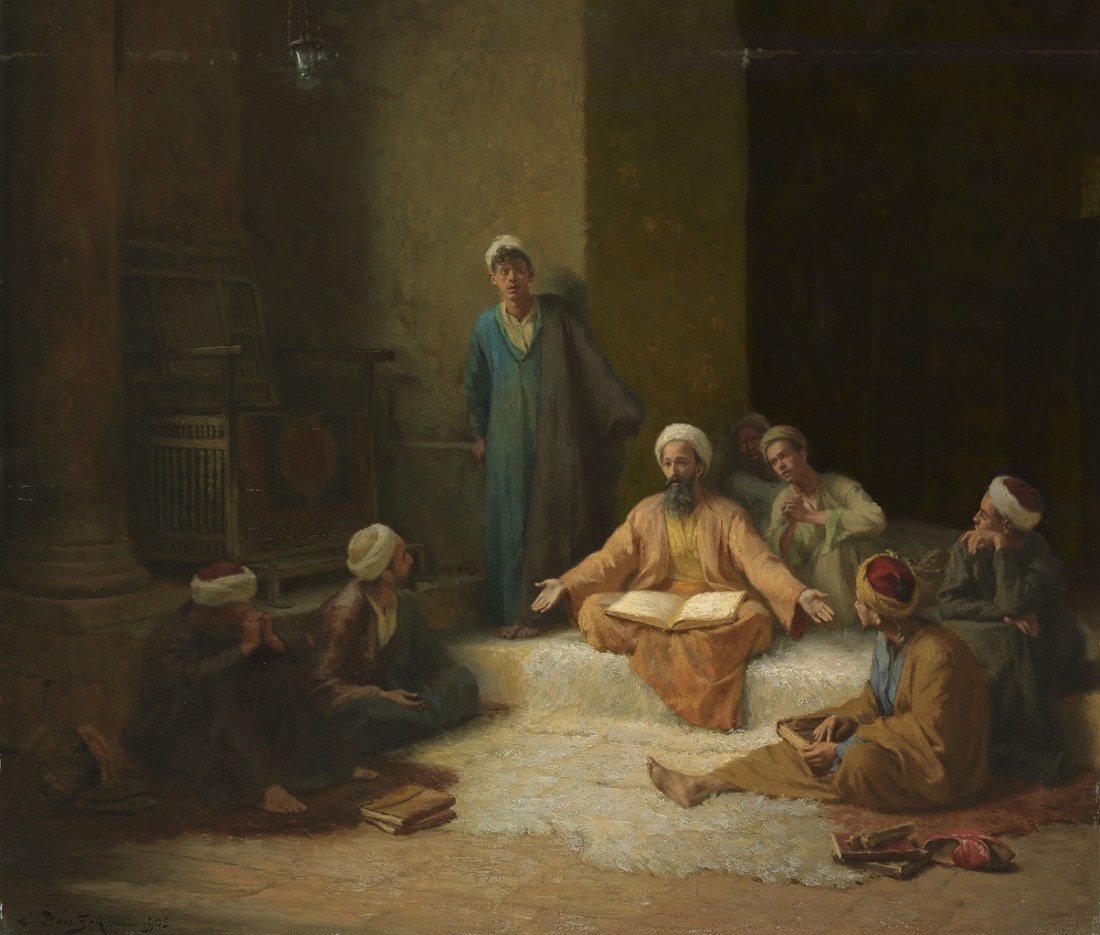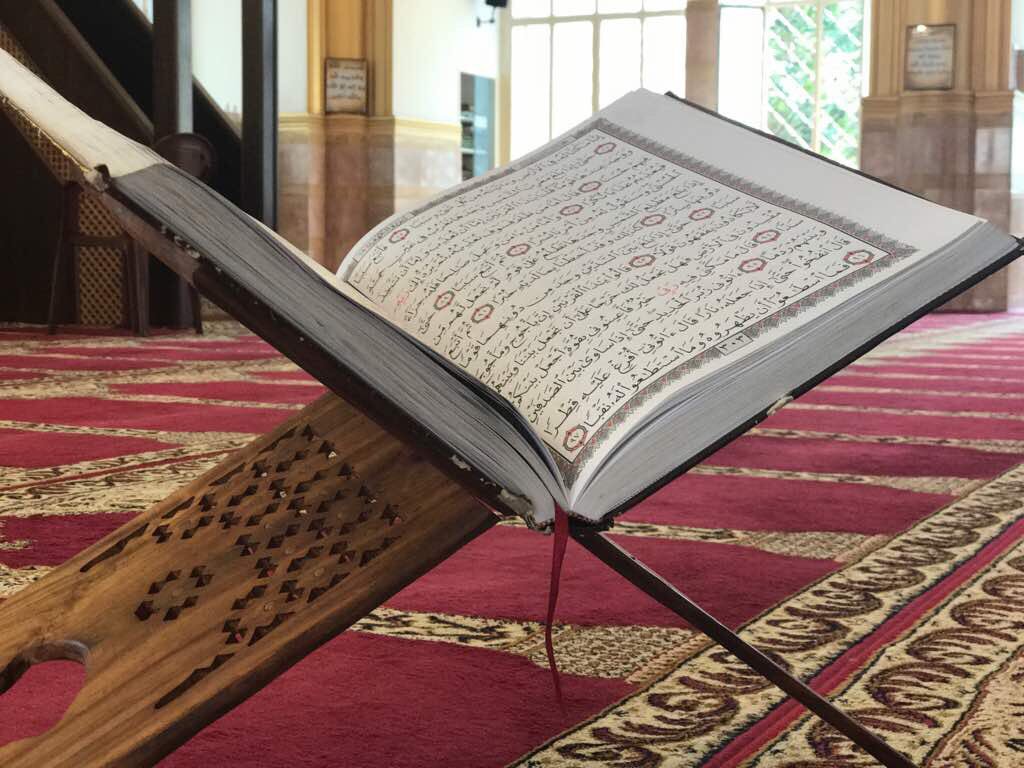I just finished “Assad Or We Burn the Country” by Sam Dagher. It’s an interesting and captivating read. It gives an insider account (via Manaf Tlass) of the regime’s decision making in the first few months and years, which is its main draw. There’s also some on-the-ground activists whose activities it follows to balance out that perspective.
Continue reading “Assad Or We Burn The Country: Review and Excerpts”Travelling Home by Shaykh Abdal Hakim Murad: Analysis and Review

For a book summary and reading guide, click here.
This review has two parts. The first is about the thesis or main argument of the book, and what I thought of it. The second is about other details and tangential arguments the book makes.
Continue reading “Travelling Home by Shaykh Abdal Hakim Murad: Analysis and Review”Travelling Home: Summary and Reading Guide

This is the first of two posts about Shaykh Abdal Hakim Murad’s recent book Travelling Home. This post is a summary and reading guide of the book, and the second one is a review, analysis and critique.
The book is a collection of essays, most of which are derived from lectures the shaykh has given over the years. In fact the introduction lists the lectures that the chapters are derived from. The writing style is reflective of being derived from lectures. The arguments presented aren’t structured the way one is used to in an academic essay, as the narrative often moves freely from topic to topic. There are also lots of fancy words used where simpler ones would have sufficed. Because of that, the average reader might be confused by the book, have difficulty getting through it, or not know what to make of it. I’ve put this reading guide together to help.
Continue reading “Travelling Home: Summary and Reading Guide”Muslim Doctrine of Warfare: Beyond Just War Theory

One of the most controversial issues these days related to Islam is that of war and violence, i.e. does Islam as a religion promote violence, are Muslims inherently or especially violent, and is it legitimate for Muslims to have waged war in the past to spread their religion (although more sophisticated critics these days have recognized that there weren’t forced conversions).
This debate has produced a lot of literature, and people have responded to the issues in various ways. The main focus has been on the why: for what reasons did Muslims wage war, what motivated them, and what role did wanting to spread or glorify Islam play – as opposed to responding to aggression, defending the oppressed, and so on.
But there’s been much less focus on the how. Clearly, the Prophet (SAW) and his Companions achieved tremendous military success. They took down the Persian Empire and much of the Byzantine Empire, the great powers of their age. It’s worth asking: what was their military strategy? How did they manage to march against enemies much stronger than them and still win? These people were not trained in fancy military academies and did not have experience fighting against great powers. Ultimately, even on the battlefield, they looked to their religion for guidance and inspiration.
In this post, I’ll look at 3 different primary sources that hold theological weight for Muslims: the Quran, the ahadith (sayings) of the Prophet, and the actions of the Companions, especially the rightly-guided Caliphs. From these, I’ll draw some broad principles for how Muslims should wage war. I’ll also give examples from history, both Islamic and general, of these principles being used or ignored and how it led to victory or defeat.
Continue reading “Muslim Doctrine of Warfare: Beyond Just War Theory”
Review of “From the Ruins of Empire” by Pankaj Mishra

My first thought after reading this book was to be mad at myself for not having read this earlier. As someone who follows world politics very closely, especially the regions whose history is covered in this book (which can broadly be described as “Asia”), knowing the history of this region is essential. There’s no way to understand what’s happening in the world today without understanding “how we got here” – and that’s this book’s #1 contribution and why I think it’s a must-read.
The book starts out with Napoleon’s invasion of Egypt, which is often given as the moment when modernity arrived to the Muslim world. It then talks about India & China, before pivoting to Jamal ad-Din al-Afghani and giving a detailed picture of his life and evolution. Continue reading “Review of “From the Ruins of Empire” by Pankaj Mishra”
Review of “The Anarchy” by William Dalrymple

Book Summary
The book starts its narrative when the British East India Company was founded around 1600 CE. It also talks about what India was like in this time, describing the later parts of Mughal rule. It then focuses on Bengal, talking about how the British established themselves there and slowly spread their influence. The battles of Plassey and Buxar are discussed in detail, as well as the social and political changes that followed them, such as the great famine.
Continue reading “Review of “The Anarchy” by William Dalrymple”
Review of Dr. Jonathan Brown’s Book on Slavery and Islam

Dr. Jonathan Brown recently wrote a book about slavery and how it relates to Islam. In this post, I’ll give an overview of what the book is about, some general thoughts on the book, as well as my take on the topic as a whole.
Slavery and Islam focuses on two broad areas. The first is analyzing how Islamic law and classical Islamic civilization dealt with slavery, and the second is discussing the moral dimension of slavery and the questions it raises. At times these threads are interwoven and at times they are separate, but I’ll deal with these two areas one at a time.
Continue reading “Review of Dr. Jonathan Brown’s Book on Slavery and Islam”
The Importance of Memorization
Ramadan Mubarak to everyone! May Allah make this a month full of peace, barakah and good deeds.
I recently wrote this article for Traversing Tradition on the importance of memorization. Make sure to read, share and leave feedback. In Sha Allah I’ll continue posting on my personal blog after Ramadan.
One time, Imam Ghazali (rahimahullah) was traveling when he was robbed by highway bandits. He asked them to leave his books and notes, saying that they would be of no use to the robbers and that they contained knowledge he had spent a lot of effort in obtaining. One of the robbers replied, “How can you claim that you obtained their knowledge when we took it away from you and left you devoid of knowledge?” Regardless, he returned the books and because of this experience, Imam Ghazali spent years committing everything he had learned to memory [1]. Considering some Islamic scholars memorized all the books they had in their collection, it’s clear that memorization is an important part of knowledge.
Memorization and Knowledge
Memorization does not equate to acquiring knowledge by itself. However, Muslims have always valued memorization as part of and prerequisite to knowledge. This starts with the Quran…
View original post 1,089 more words
How To Learn Arabic As A Non-Arab Muslim
بسم الله الرحمن الرحيم، وصلوات الله وسلامه على أشرف المرسلين
In the name of God, Most Gracious, Most Merciful, and peace and blessings on the most honorable Messenger.
This post is about Arabic learning among Muslims who aren’t native speakers of the language, along with some personal reflections and experiences with Arabic, with tips and techniques added along the way. I hope you share this post with anyone you know who has been trying to learn Arabic, and leave your own thoughts and experiences in the comments below.
Note that I’m skipping justifying the need for us to learn Arabic. This post is already too long, so I’d direct you to this khutbah by Dr. Sohaib Saeed which does a good job with that.
Human Origins Part 4: Some Evidence for a Unique Human Origin

بسم الله الرحمن الرحيم، وصلوات الله وسلامه على أشرف المرسلين
In the name of God, Most Gracious, Most Merciful.
So far (in parts one, two and three), I have analyzed the evidence brought forward to support human-chimp common ancestry. Taking a bird’s eye view of the situation, it’s apparent that the idea of common descent with chimps is essentially a hypothesis and not a proven fact. If you’re trying to answer the question of human origins, and restrict what you look at to purely materialistic explanations (i.e. that we originated from within this universe itself), then it may be the best hypothesis out there, and this is why many scientists have accepted it.
That being said, the evidence brought forward in its favor can have other explanations. Here’s a quick summary of this evidence, as mentioned in the past 2 articles, with the other explanation after the colon:
- Human-chimp similarities: we were created for a common environment and our bodies need to carry out similar functions
- Non-functional similarities: these are actually functional, and the above argument applies
- The fossil record: no evidence for an ape-to-human transition
- Population genetics: based on unprovable assumptions
- Evolutionary psychology: anecdotes, speculation and bad science
- Neanderthals etc: they’re either races of humans, or similarities are due to function
In the next section, I will point out specific empirical evidence which is better explained by humans having a unique origin, than by humans being descended from another species.
Continue reading “Human Origins Part 4: Some Evidence for a Unique Human Origin”

